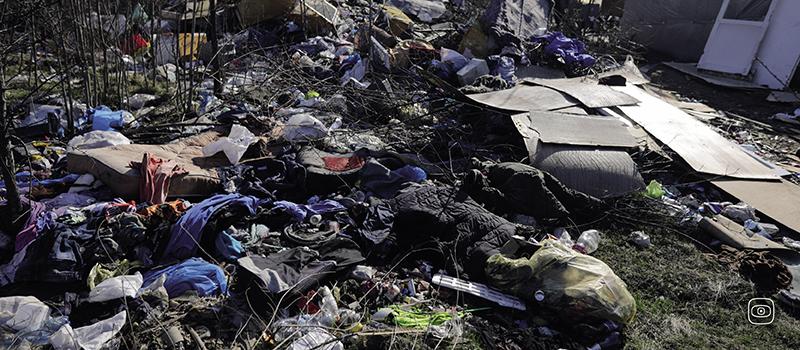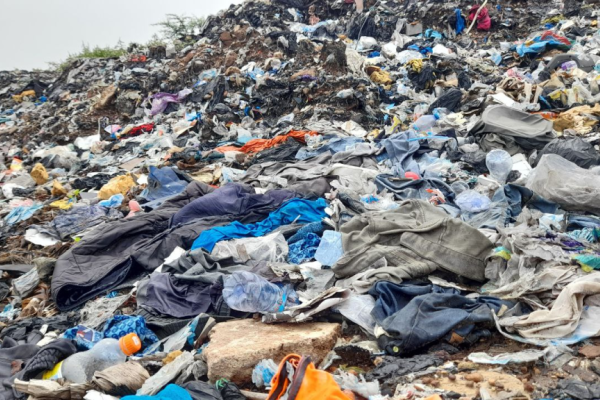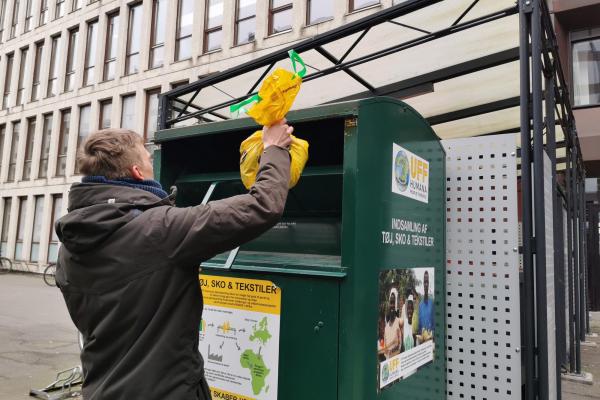Most of what arrives into these Eastern European countries is not even declared as textile waste, but as plastic waste to be burned in cement kilns. Another part is labelled as second-hand clothes to avoid environmental agencies’ controls.
Only a small proportion of textile waste is declared as recyclable in transport documents.
In reality, however, they are neither recycled or sold as second-hand clothes nor even illegally burned, but dumped on wastelands or in abandoned warehouses.
The smuggling networks benefit greatly from the passivity and corruption of the authorities in Romania and Bulgaria, where the few criminal cases for waste smuggling have been closed without convictions.
Cities that came under scrutiny in this investigation: Milan, Naples, Sofia, Burgas, Arad, Constanta
Image by Inquam Photos/George Calin.






